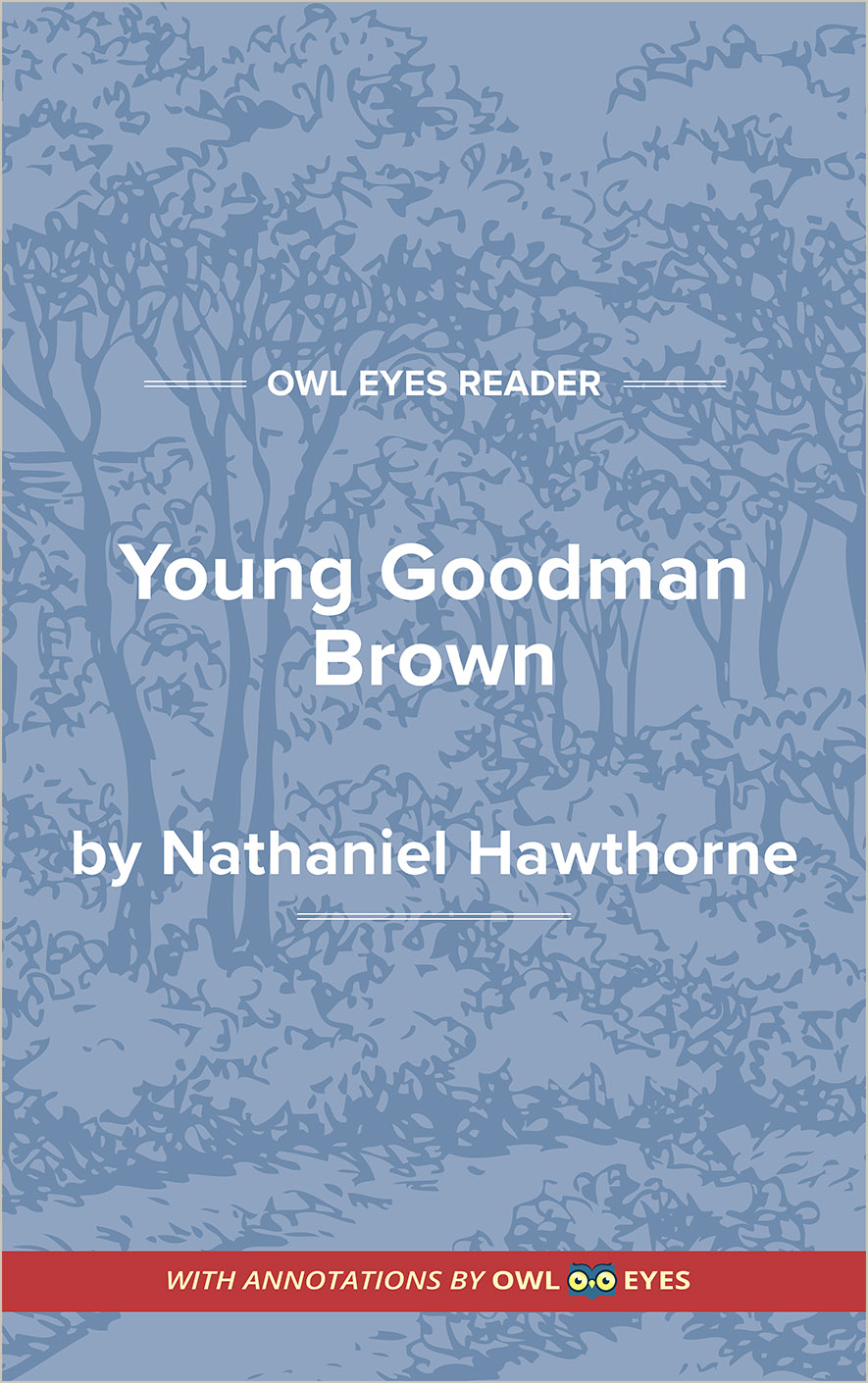Analysis Pages
Historical Context in Young Goodman Brown
Puritan New England: Nathaniel Hawthorne wrote “Young Goodman Brown” in 1835 but set the story in Puritan New England during the late 17th century. The Puritans broke away from the Anglican Church in England, landing at Plymouth Rock and settling both Plymouth and Boston. They became the dominant Christian sect in New England at the time, although the Quakers and Anabaptists, other Christian groups, also had sizeable communities. Puritans subscribed to an inflexible doctrine that offered little room for error; for example, sinful thoughts and dreams were considered as harmful as actually committing a sin. They also believed that Native Americans, who did not prescribe to Christianity, were regarded as the children of Satan. “Young Goodman Brown” takes place during the time of witch trials in Salem, Massachusetts, and examines the hypocritical and inhibitive moral beliefs of the Salem Puritans.
Salem Witch Trials: A series of hearings, prosecutions, and executions in the late 17th century, the Salem witch trials condemned twenty people to death based on rumor and suspicion, including Martha Corey and Martha Ingalls Carrier who are referenced briefly in “Young Goodman Brown.” One of the most remorseless judges in the Salem witch trials of 1692 was John Hathorne, Nathaniel Hawthorne’s direct ancestor. It’s likely that Hawthorne felt some responsibility for the actions of his ancestor; not only did he add the “w” in his last name to distance himself from Hathorne, but he also devoted much of his writing career to exploring American Puritanism, often finding more to critique than praise.
Historical Context Examples in Young Goodman Brown:
Young Goodman Brown
🔒"Martha Carrier..." See in text (Young Goodman Brown)
"Indian powwows..." See in text (Young Goodman Brown)
"the fat of a new-born babe..." See in text (Young Goodman Brown)
"Goody Cory..." See in text (Young Goodman Brown)
"catechism..." See in text (Young Goodman Brown)
"King Philip's War..." See in text (Young Goodman Brown)
"the Quaker woman..." See in text (Young Goodman Brown)
"Puritans..." See in text (Young Goodman Brown)
"a devilish Indian..." See in text (Young Goodman Brown)
"A lone woman is troubled with such dreams and such thoughts that she's afeard of herself sometimes...." See in text (Young Goodman Brown)
"Salem..." See in text (Young Goodman Brown)

